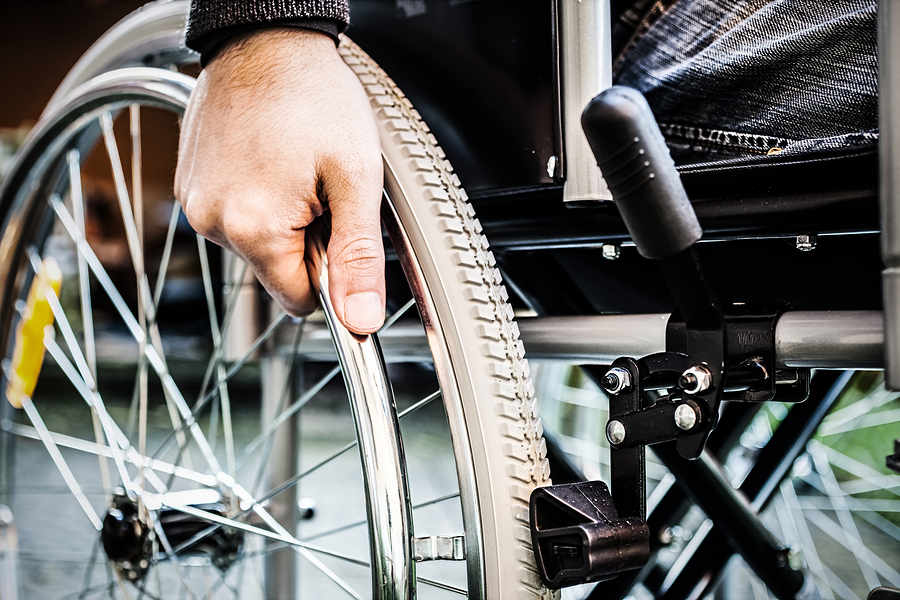
One of the most common questions that people have is whether immigration provides special immigrant visas for people are physically or mentally disabled or handicapped. Many immigrants often find themselves in a predicament where they are finally eligible to immigrate to the United States but without their disabled child, who would be left alone. For example, if a United States Citizen files for his or her mother, that I-130 petition only pertains to the mother. It does not, contrary to popular belief, include the other parent or siblings. In order for a US Citizen to bring his/her brother or sister over, he or she must file separately for that sibling, which can take 10 or more years. The parent, as well as the US Citizen, are often shocked to learn that the sibling is not automatically included. It becomes even more heartbreaking when the “left behind” individual is disabled, and there is no one staying back to care for him or her.
Unfortunately, there is no designated visa category for disabled or handicapped people. There is also no special rule that mandates that an immigrant petition for such person be expedited or accelerated on the basis of the disability. In order for a person to receive a green card, he or she must usually pursue either the family or employment route, both of which may be subject to quotas. This also applies if the individual already happens to be here, perhaps in illegal status. As harsh as it may sound, that person is not entitled to apply for permanent residence status on account of his/her disability. There is certainly a humanitarian issue here, but there is no special provision that grants a green card to people who suffer from disabilities because of those disabilities. Severely handicapped people who are under imminent threat of removal may possibly qualify for prosecutorial discretion or deferred action, but deferred action should not be confused or misunderstood as conferring legal status.
If anything, a person’s mental or physical handicap may arguably prove to make immigration more challenging. In determining whether to grant an individual permanent residence status, the Department of State or USCIS must determine that the applicant is not inadmissible. A mental condition that could possibly be interpreted as a mental disorder could potentially trigger a finding of inadmissibility under INA section 212(a)(2)(A)(iii). Moreover, if an individual does have a condition that will require continued treatment, there may be questions as to whether person is likely to become a public charge, that is, someone who is not able to provide for him or herself and likely to “become primarily dependent on the government for subsistence.”
As can be seen, physical or mental disabilities have the potential to raise more issues with immigration than solve them. Besides determining which preference category is the most appropriate for a disabled person, issues of admissibility also need to be thoroughly discussed and addressed.
We hope that you have enjoyed this article and learned at least one new thing or tip that you may not have known. To keep informed about the latest developments in immigration law, please subscribe to our blog feed by clicking on the “Subscribe To This Blog’s Feed” button on the left. It is important to understand that the above is only general information and not legal advice. It does not create an attorney-client relationship nor should it be relied upon as legal advice. The law is extremely fact and circumstance sensitive. For an individual legal analysis of your specific legal case, please complete the “Case Evaluation” box to the right of the screen to get in touch with one of our attorneys.
